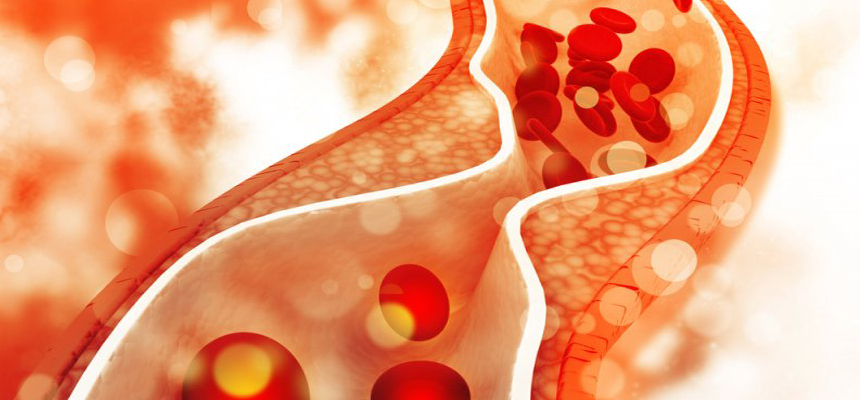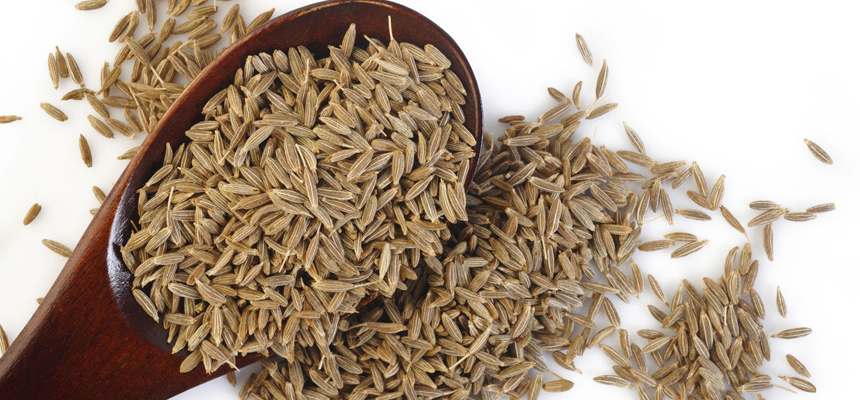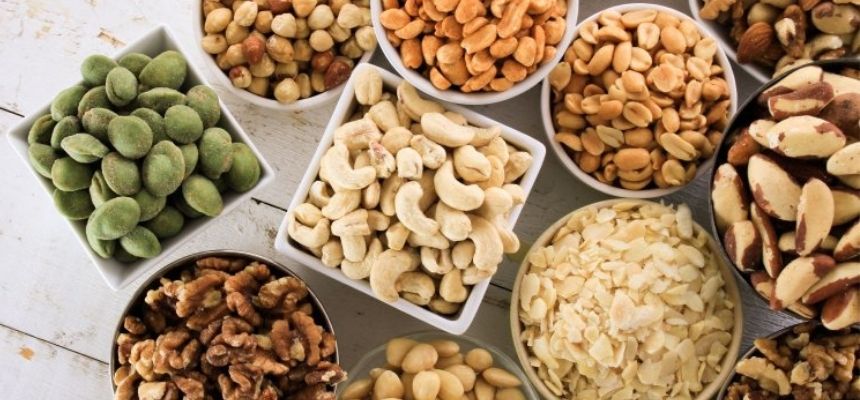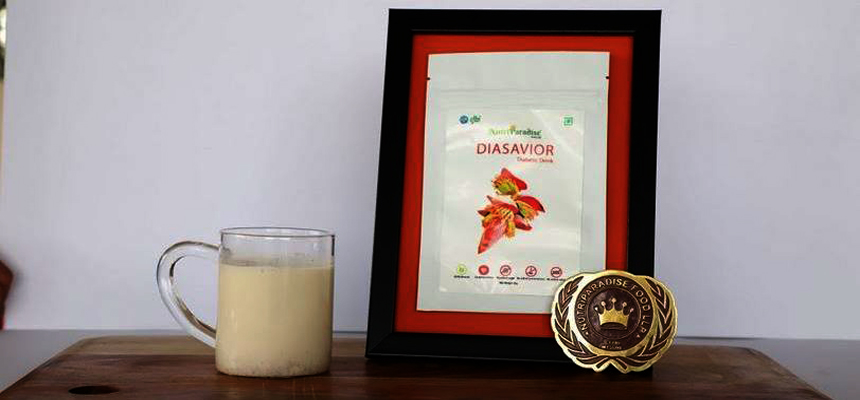Cholesterol and its Impact on Health

Heart problems have been found to cause the most number of deaths in India with the toll reaching up to 2.1 million annually. Recent studies have shown that 25- 30% urban population suffers from high cholesterol problem while the same is about 15-20% in the rural population.
Cholesterol is mainly of two types- low-density lipoprotein (LDL) which is the ‘bad cholesterol’ and high-density lipoprotein (HDL) termed as ‘good cholesterol’. Nationally, 41% of patients have a low level of HDL and a whopping 71% suffer from high level of LDL or bad cholesterol. LDL makes up most of the body’s cholesterol and when it reaches soaring high it can cause a buildup of plaque in arteries that causes choking of arteries leading to stroke.
HDL is termed as the good cholesterol as it has the tendency to absorb cholesterol in the body and carries it's to the liver. The liver then disposes it off. Ideally, a person should have less than 200 mg/dL total cholesterol, less than 100 mg/dL LDL and more than 60 mg/dL HDL.
Myths Surrounding Cholesterol
→ Foods rich in cholesterol increase overall cholesterol in the body: The liver produces about 85% of the cholesterol in the body and only 15% cholesterol is consumed from outside. Earlier in the 2015 US Dietary Guidelines, cholesterol was limited to 300 mg per day but now this guideline is removed. This does not mean that one can eat as much cholesterol-laden food as he wants. This is not recommended either as food rich in cholesterol is dense in calories.
→ Thin people need not worry about high cholesterol levels: This is also not true. Lean people may have high cholesterol levels if they are following a sedentary lifestyle and our lax about their diet. There is also a risk of a genetic disorder (ex-familial hypercholesterolemia) that causes high cholesterol level in people irrespective of their weight.
How to keep Balanced Cholesterol Level
![]() Indian population has high triglycerides, lower HDL and constant level of LDL. This combination is not healthy and may lead to the early occurrence of coronary heart diseases in the Indian population. Some changes in diet and lifestyle can bring about significant changes in one's heart health. Following points must be diligently followed-
Indian population has high triglycerides, lower HDL and constant level of LDL. This combination is not healthy and may lead to the early occurrence of coronary heart diseases in the Indian population. Some changes in diet and lifestyle can bring about significant changes in one's heart health. Following points must be diligently followed-
![]() Eat foods that our heart healthy: Reduce saturated fats in your diet as they are the unhealthy type of fat. These fats are found in red meat and full-fat dairy products that raise total cholesterol level. By decreasing the consumption of such foods you can bring down your LDL cholesterol.
Eat foods that our heart healthy: Reduce saturated fats in your diet as they are the unhealthy type of fat. These fats are found in red meat and full-fat dairy products that raise total cholesterol level. By decreasing the consumption of such foods you can bring down your LDL cholesterol.
![]() Eliminate trans fats: This type of fat is generally listed as partially hydrogenated vegetable oil. They can be found in food items such as margarine and packaged cookies, crackers and cakes. Trans fats are also responsible for raising overall cholesterol levels. Oil that is used several times to get rich in trans fatty acids.
Eliminate trans fats: This type of fat is generally listed as partially hydrogenated vegetable oil. They can be found in food items such as margarine and packaged cookies, crackers and cakes. Trans fats are also responsible for raising overall cholesterol levels. Oil that is used several times to get rich in trans fatty acids.
![]() Eat foods with omega 3 fatty acids: Omega 3 fatty acid does not affect LDL cholesterol but has other heart benefits. Omega 3 is found to lower blood pressure and can be found in nuts such as walnuts flax seeds and seafood.
Eat foods with omega 3 fatty acids: Omega 3 fatty acid does not affect LDL cholesterol but has other heart benefits. Omega 3 is found to lower blood pressure and can be found in nuts such as walnuts flax seeds and seafood.
![]() Increase soluble fiber: Soluble fiber hinders absorption of cholesterol in the bloodstream. Soluble fibers are found abundantly in foods such as oatmeal, kidney beans, pears, apples, and sprouts.
Increase soluble fiber: Soluble fiber hinders absorption of cholesterol in the bloodstream. Soluble fibers are found abundantly in foods such as oatmeal, kidney beans, pears, apples, and sprouts.
![]() Add Whey Protein in Diet: This is found in dairy products. Whey protein lowers LDL cholesterol, overall cholesterol and also blood pressure.
Add Whey Protein in Diet: This is found in dairy products. Whey protein lowers LDL cholesterol, overall cholesterol and also blood pressure.
![]() Exercising can be a great health booster. Minutes of vigorous exercise can help raise HDL or the good cholesterol level. A brisk walk of 30 minutes five times a week also improves HDL levels.
Exercising can be a great health booster. Minutes of vigorous exercise can help raise HDL or the good cholesterol level. A brisk walk of 30 minutes five times a week also improves HDL levels.
![]() Quit Smoking: Smoking is known to have a bad impact on health, especially lungs and heart. HDL levels are found to be better of non-smokers than smokers. A year that goes without smoking reduces the rate of heart diseases to half.
Quit Smoking: Smoking is known to have a bad impact on health, especially lungs and heart. HDL levels are found to be better of non-smokers than smokers. A year that goes without smoking reduces the rate of heart diseases to half.
![]() Lose Weight: Obesity also relates to the high level of cholesterol and triglyceride. Eating habits should be changed from high energy-rich carbohydrates to complex carbohydrates that can greatly help in achieving balanced cholesterol levels in the body.
Lose Weight: Obesity also relates to the high level of cholesterol and triglyceride. Eating habits should be changed from high energy-rich carbohydrates to complex carbohydrates that can greatly help in achieving balanced cholesterol levels in the body.

 Disclaimer: Welthi.com does not guarantee any specific results as a result of the procedures mentioned here, and the results may vary from person to person.
Disclaimer: Welthi.com does not guarantee any specific results as a result of the procedures mentioned here, and the results may vary from person to person.









